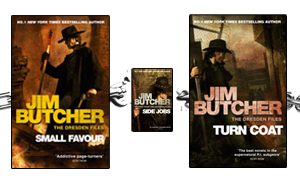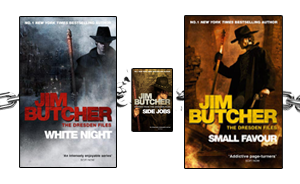Martial Arts and Me: 5 Reasons Why I Love ‘Em
Recently, I was invited to attend Natcon, New Zealand’s national Science Fiction & Fantasy Convention as a guest of honour. As such, I was also asked to put forward some panel suggestions. One of the first that occurred to me arose out of an earlier post here on Orbit about the grand symbiosis between fantasy and history. But I didn’t want to just repeat that discussion, so I’ve added in an extra wrinkle, focusing on weapons and armour, battles and military tactics in the historical context—another fascination that arises, not just out of my love of history, but from my martial arts background.
I am not sure why I’ve always loved martial arts. As kids, my brothers and I were always making ourselves toy swords, bows and arrows, and wooden guns so we could run wild and whack each other with them. I suspect this experience probably established the first element of my love for martial arts—their physicality. The martial arts are all about knowing your own physical strength and limitations, learning those of others, and finding sneaky ways to deal to those with superior strength. Physicality and sneakiness lead straight to the next reason I have always enjoyed martial arts—they’re really fun. I’ve practiced a number of different martial arts and found a great spirit of camaraderie in all of them. And in “aikido, the early years” (aikido is the martial art I have practiced longest) training always wound up with a session of “elbow-waza”, i.e. bending our elbows as we all raised a glass together at the pub. (more…)






